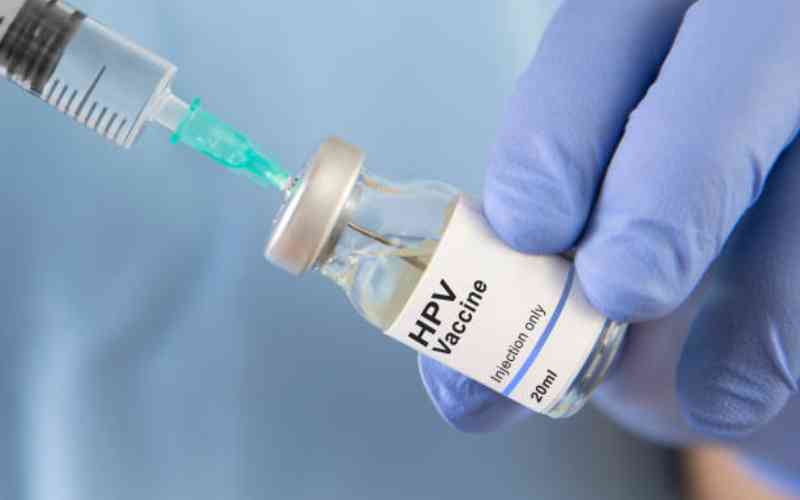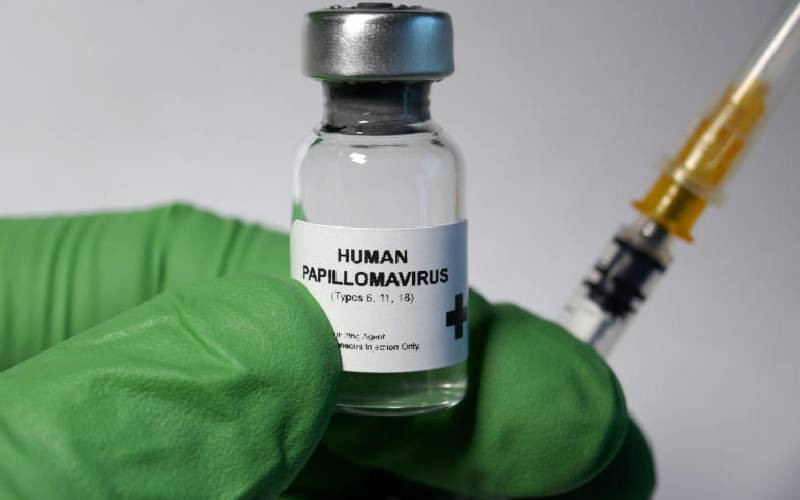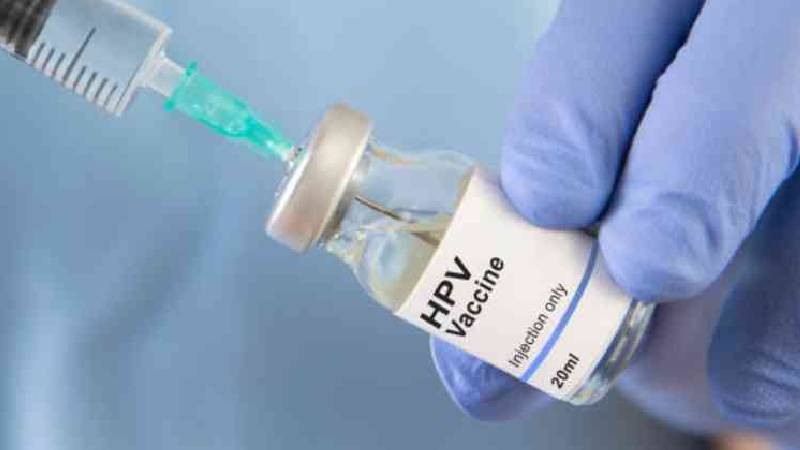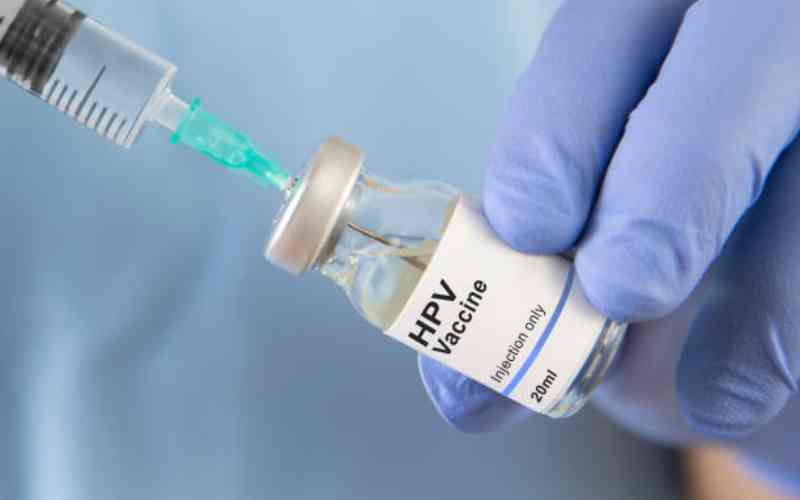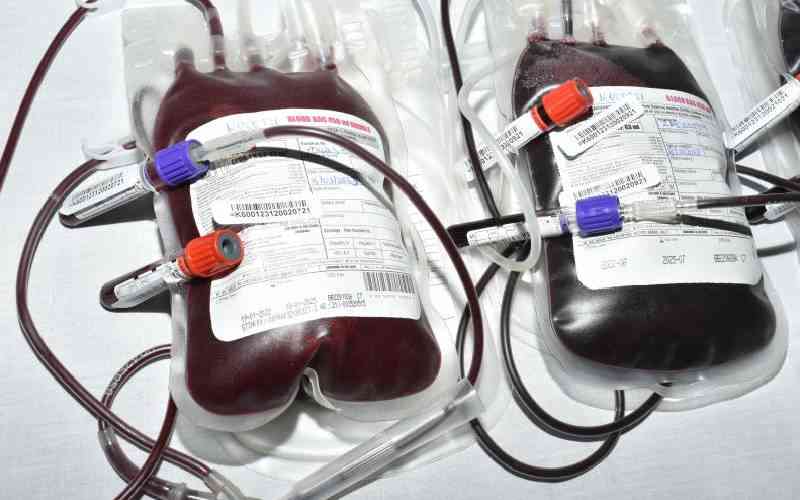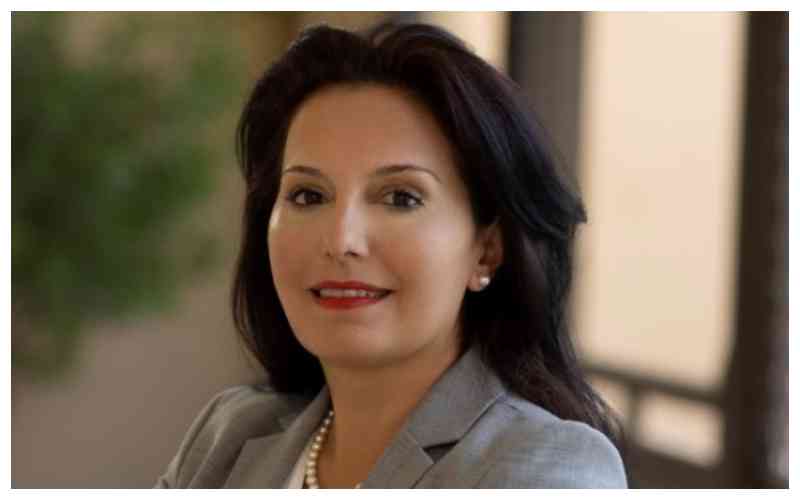
“Dr Suhail Anjum, 44, and the unnamed nurse were caught in a ‘compromising position’ by a colleague who walked in on the pair at Tameside hospital. The consultant anaesthetist had asked another nursing colleague to monitor the male patient, who was under general anaesthetic, so he could go to the bathroom,” wrote The Guardian, a UK newspaper, recently.
The article elicited much debate on social media, especially because a tribunal allowed the doctor to continue practising because he had "very low risk" of repeating the professionally unethical behaviour.
Back here in Kenyan, many wondered how such a case be handled.
The Kenya Medical Practitioners and Dentists Council (KMPDC), the regulatory body, handles complaints of professional misconduct including medical negligence, patient abandonment and failure to give care. Its Disciplinary and Ethics Committee is empowered to conduct inquiries into such complaints. It can admonish, suspend, or take other disciplinary action.
KMPDC data indicates that out of 17,749 registered medical and dentists practitioners, only 11,751 are active. There is also a noted increase of complaints to the council from 80 in 2021 to 132 last year. Many of those complaints involve misdiagnosis, wrong treatment, lack of informed consent and errors in case management.
KMPDC defines misconduct as behaviour that violates medical ethics, professional standards, or patient safety. Common categories include negligence, failure to attend to a patient under care, leaving a patient unattended during a procedure, failure to provide timely or appropriate treatment, and breach of ethics professional boundaries.
It also treats sexual relations with patients or staff within the clinical setting a breach, besides others unprofessional practices.
- How an AI platform is rebuilding patients record in Kenya
- How Kenyan teen nearly lost her life after wrong diagnosis
Keep Reading
According to the council, serious misconduct includes such acts as leaving a patient under anaesthetic and shifting to engage in conduct unrelated to medical care, as is the case with the UK doctor. It is interpreted as abandoning duty of care, putting a patient at risk (even if no harm resulted), and breach of trust.
Once such complaints are proven, the Disciplinary and Ethics Committee is likely to enforce serious sanctions including revocation of licence, suspension, paying fines or compensating a harmed patient. Considerations on the sanctions depends on how severity of the consequences, or whether it was a one-off error. Of course, repeat misconducts will get harsher penalties. The doctor’s attitude, especially if they demonstrate genuine remorse, is likely to mitigate their case.
The KMPDC disciplinary body may be harder due to public confidence consideration even if the risk of repetition is judged low and affects trustworthiness of the medical profession. Sometimes public confidence demands stronger sanctions than those needed strictly for risk. It is therefore clear that KMPDC would be more stringent on a case as listed above that is likely to taint the whole profession.
It is also crucial to note that a suspended practitioner must meet strict conditions before reinstatement.
Patients, or indeed anyone else who is dissatisfied with professional services offered, or alleges a breach of standards by a medical practitioner is expected to lodge a complaint with KMPDC.
However, patients or their families are encouraged to discuss such dissatisfaction with the medical facility involved or seek a second opinion first before they launch such complaints.
Dr Mutisya is a consultant psychiatrist
 The Standard Group Plc is a multi-media organization with investments in media
platforms spanning newspaper print
operations, television, radio broadcasting, digital and online services. The
Standard Group is recognized as a
leading multi-media house in Kenya with a key influence in matters of national
and international interest.
The Standard Group Plc is a multi-media organization with investments in media
platforms spanning newspaper print
operations, television, radio broadcasting, digital and online services. The
Standard Group is recognized as a
leading multi-media house in Kenya with a key influence in matters of national
and international interest.


